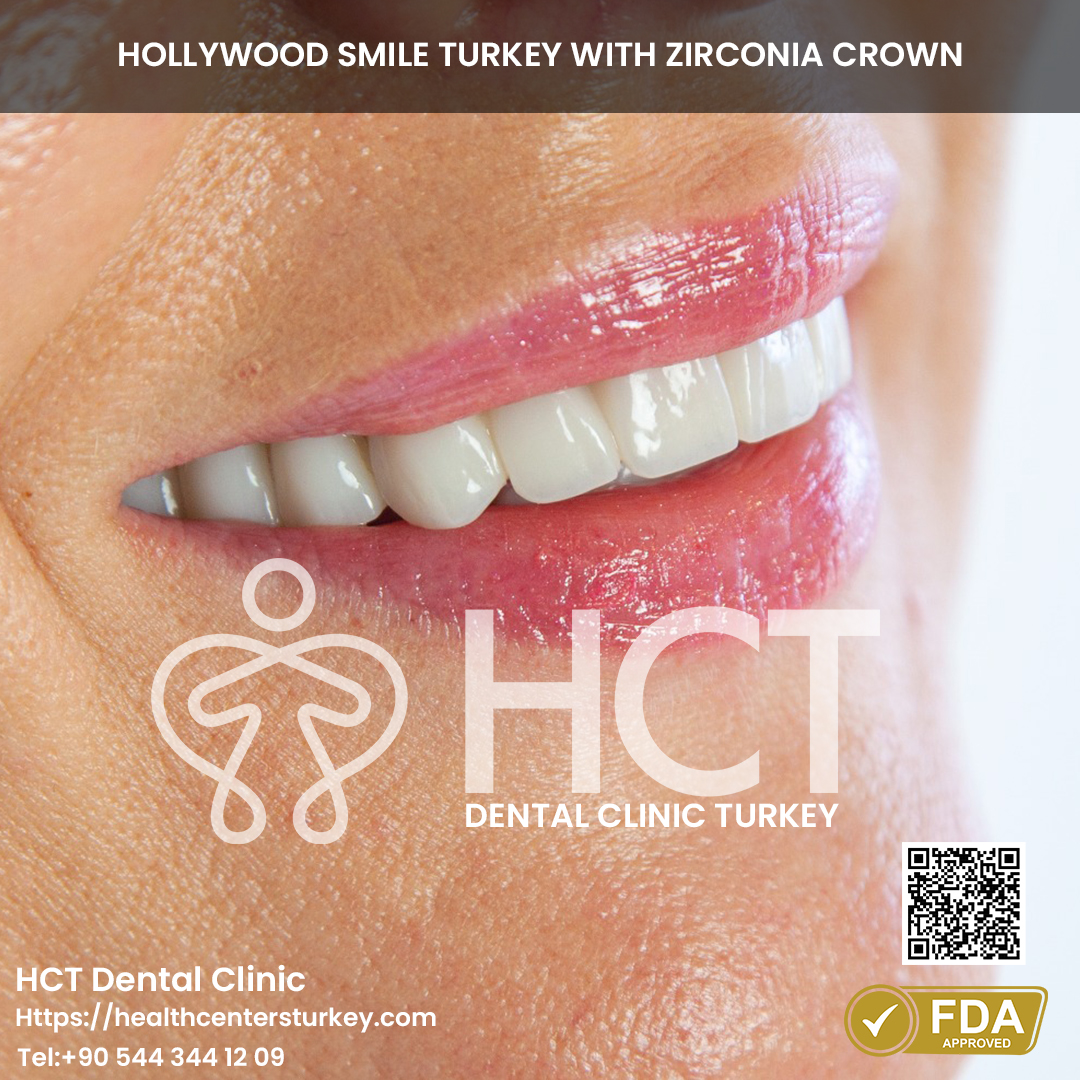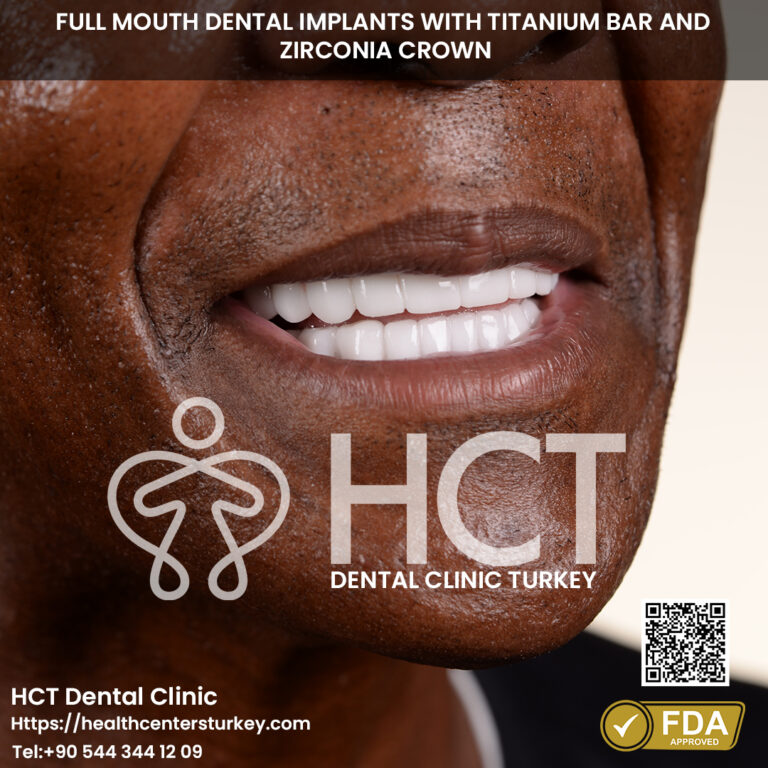Exploring the Latest Trends in Dentistry in Turkey
Exploring the Latest Trends in Dentistry in Turkey
Blog Article
Competitive Teeth Whitening for a Radiant Smile

Dental implants have turn into a focal point in modern dentistry, providing a dependable answer for these dealing with tooth loss. Among the a quantity of benefits they provide, one significant side worth contemplating is their impression on adjacent teeth. Understanding how dental implants have an effect on surrounding teeth aids in making knowledgeable decisions about oral health.
When a tooth is misplaced, neighboring teeth can simply shift toward the area left behind. This motion can lead to misalignment, which compromises the general chunk and function of the mouth. Dental implants mimic natural tooth roots, thereby sustaining the place of adjacent teeth.
Qualified Dentists Offering High-Quality Care in Antalya, Turkey
The stability provided by an implant is essential, because it helps in preserving not just the bodily alignment but additionally the structural integrity of the jawbone. When a tooth is missing, the underlying bone can start to deteriorate due to lack of stimulation. An implant exerts pressure on the bone during chewing, much like a natural tooth, which promotes bone health.
In some cases, a bridge or partial denture may be thought of as an alternative selection to implants. While these choices may restore some performance, they'll place additional stress on neighboring teeth. Bridges often require submitting down the surrounding teeth to accommodate the anchors, thereby affecting their health over time. Dental implants, then again, don't alter current teeth, making them a more conservative selection.
Luxury Oral Care Solutions targeting International Clients in Turkey
Hygiene turns into one other crucial factor when contemplating adjacent teeth within the context of implants. With dental implants, the individual can preserve a regular hygiene routine similar to natural teeth. Flossing and brushing around the implant are easy, guaranteeing that the gum tissue remains healthy and minimizing the danger of gum disease that might adversely have an effect on adjacent teeth.
Moreover, the materials used in dental implants are biocompatible. This means they are designed to integrate properly with the physique, lowering the possibilities of an opposed response. This attribute not only makes the implant safe but also protects close by teeth from potential points that would come up because of contamination or infection.
In terms of aesthetics, dental implants offer a natural look and feel, closely resembling original teeth. Adjacent teeth benefit from this aesthetic appeal as well. When an implant is placed, the surrounding gum tissue may be formed to imitate natural contours, thereby enhancing the general appearance of the smile. This aesthetic issue can encourage people to invest in their oral care routines, benefiting both the implants and adjacent teeth in the long run.
Invest in Your Smile with Affordable Options in Turkey
Another concern is the potential for gum disease, which might affect the health of adjacent teeth. Gum disease can happen when plaque builds up round teeth and implants. Regular dental visits and appropriate oral hygiene can mitigate this concern. The presence of implants can even serve as a motivator for better dental hygiene practices, as individuals turn into more acutely aware of sustaining their total mouth health.
Studies have proven that dental implants can contribute to a major improvement in quality of life. Patients typically expertise increased confidence and are much less hesitant to smile or interact in social interactions. A healthy and well-maintained smile indirectly promotes better take care of adjacent teeth, as people are inclined to turn out to be more conscious of their total oral hygiene.
One often-overlooked facet is the psychological impression of dental implants on sufferers. Knowing that implants supply long-term options can ease the nervousness associated with tooth loss. With fewer worries about future tooth shifts, patients are more likely to make investments effort and time into caring for their teeth, which includes adjacent teeth.
In conclusion, dental implants serve as greater than only a solution for missing teeth; they play a pivotal function in maintaining the health and integrity of adjacent teeth. From stopping misalignment to promoting gum health and enhancing aesthetics, the benefits are manifold. By choosing implants, individuals cannot only restore performance but also foster a more healthy oral surroundings for surrounding teeth. The psychological and aesthetic advantages further contribute to an total enhanced quality of life.
Get Premium Dental Implants for Great Value
In the long run, understanding how dental implants affect adjacent teeth can guide people in making empowered selections relating to their dental health. The integration of these implants into the mouth acts as a stabilizing pressure, safeguarding both the bodily alignment and functionality of neighboring teeth, whereas promoting a long-lasting, wholesome smile.
- Dental implants usually do not exert stress on adjacent teeth, maintaining their integrity and lowering the danger of shifting or misalignment.
- The placement of an implant usually encourages better oral hygiene habits, positively influencing the health of adjacent teeth via improved cleaning practices.
Discover the Benefits of Dental Packages in Turkey
- In some circumstances, dental implants can stimulate the surrounding bone, which helps protect the natural teeth's place and overall dental structure.

- The hole left by missing teeth can result in bone loss; dental implants can prevent this, thereby protecting adjacent teeth from potential issues.
- Outstanding Dental Clinics Accessible to International Patients in Turkey
State-of-the-Art Dental Procedures to Suit Your Needs
- By restoring the perform of a missing tooth, implants help distribute chunk forces evenly, reducing wear and stress on neighboring teeth.

- Properly placed dental implants can act as a help structure, preventing unwanted movement of adjacent teeth resulting from tooth loss.
- The presence of an implant may improve the aesthetic appearance of surrounding teeth by filling in gaps and supporting facial structure.
Uncover Comprehensive Oral Procedures in Turkey
- Dental implants remove the necessity for adjacent teeth alteration, unlike bridges, which require reshaping the close by teeth for help.
- Implants also scale back the danger of gum disease compared to other tooth replacement options, not directly benefiting adjacent teeth by selling total oral health.
Receive Exceptional Dental Service in Turkey.
- Long-term success of dental implants is linked to the health of surrounding teeth, emphasizing the significance of standard dental check-ups and maintenance.
How do dental implants have an result on adjacent teeth?
Renowned Dental Treatment Options available in Antalya
What are dental implants and how do they work with adjacent teeth?undefinedDental implants are artificial tooth roots placed into the jawbone to support replacement teeth. They don’t affect adjacent teeth directly, as they're impartial constructions. Instead, they might help keep the integrity of surrounding teeth by preventing bone loss.
Can dental implants cause damage to adjacent teeth?undefinedIf positioned appropriately, dental implants should not harm adjacent teeth. However, improper placement can result in points like misalignment or strain, emphasizing the importance of choosing an skilled dental skilled.
Will dental implants promote useful site bone progress around adjacent teeth?undefinedYes, dental implants assist stimulate the jawbone, which might encourage bone progress. This can benefit adjacent teeth by maintaining bone density and stability within the space.
Premier Dental Clinics Specializing in Orthodontics in Turkey
Should I fear about gum disease affecting adjacent teeth after getting an implant?undefinedGood oral hygiene is essential after getting an implant. Gum disease can still affect adjacent teeth, but a correctly maintained implant doesn't improve that risk. Regular dental visits can help monitor and preserve gum health.
What occurs to adjacent teeth if I lose a dental implant?undefinedIf a dental implant fails or is lost, adjacent teeth may shift as a result of adjustments in chew alignment and support structure. This may result in misalignment or additional tooth loss if not addressed.
Are there any particular care necessities for adjacent teeth after getting implants?undefinedMaintaining good oral hygiene practices, including common brushing, flossing, and dental check-ups, is important for both dental implants and adjacent teeth to forestall decay and gum disease.
Find Your Path to a Beautiful Smile with High-Quality Dental Care
Do dental implants assist help adjacent teeth when chewing?undefinedAbsolutely. Implants can improve total chew perform, which can alleviate stress on adjacent teeth throughout chewing. This can result in higher distribution of forces, promoting oral health.
How can I prevent issues with adjacent teeth and implants?undefinedConsistent dental care, including skilled cleanings and examinations, common brushing and flossing, and following your dentist’s aftercare instructions, are key to stopping complications.
Can adjacent teeth transfer if I have a dental implant?undefinedAdjacent teeth may transfer if they are not well-supported, especially after tooth loss. A dental implant helps check my reference preserve the structure, decreasing the risk of shifting teeth. Report this page